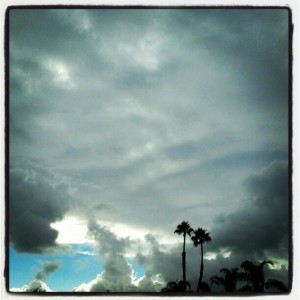the art of persuasion
Me: Here is this stack of seventeen gorgeous books for us to choose from for our next readaloud
Huck and Rilla: No, we want the next Moomins
Me: Twist my arm why don’t you
Me: Here is this stack of seventeen gorgeous books for us to choose from for our next readaloud
Huck and Rilla: No, we want the next Moomins
Me: Twist my arm why don’t you
Me: “Our family uses a lot of hyperbole.”
Rilla: “Mom, I would NEVER do that.”

The black curagh working slowly through this world of grey, and the soft hissing of the rain gave me one of the moods in which we realise with immense distress the short moment we have left us to experience all the wonder and beauty of the world.
—The Aran Islands, J.M. Synge
This week Beanie and I reached the J. M. Synge episode of The Irish Identity. The quote above found me at the perfect time, as I neared the end of Emily St. John Mandel’s lovely Station Eleven, and on the day the President announced his intention to withdraw from the Paris Climate Agreement.
Even after the people of the south island, these men of Inishmaan seemed to be moved by strange archaic sympathies with the world. Their mood accorded itself with wonderful fineness to the suggestions of the day, and their ancient Gaelic seemed so full of divine simplicity that I would have liked to turn the prow to the west and row with them for ever.
What happens when you read Station Eleven in bed before opening your laptop to Paris Agreement discussion: profound discombobulation. What are these fossil fuels you speak of? Here in Year Fifteen, electricity is a distant memory and the children have never seen a lit screen. Uh, like the one on which I’m reading this book, these posts. I’m addled. Somebody fix me a plate of wild boar.
He stood by the case and found himself moved by every object he saw there, by the human enterprise each object had required. Consider the snow globe. Consider the mind that invented those miniature storms, the factory worker who turned sheets of plastic into white flakes of snow, the hand that drew the plan for the miniature Severn City with its church steeple and city hall, the assembly-line worker who watched the globe glide past on a conveyer belt somewhere in China. Consider the white gloves on the hands of the woman who inserted the snow globes into boxes, to be packed into larger boxes, crates, shipping containers. Consider the card games played belowdecks in the evenings on the ship carrying the containers across the ocean, a hand stubbing out a cigarette in an overflowing ashtray, a haze of blue smoke in dim light, the cadences of a half dozen languages united by common profanities, the sailors’ dreams of land and women, these men for whom the ocean was a gray-line horizon to be traversed in ships the size of overturned skyscrapers. Consider the signature on the shipping manifest when the ship reached port, a signature unlike any other on earth, the coffee cup in the hand of the driver delivering boxes to the distribution center, the secret hopes of the UPS man carrying boxes of snow globes from there to the Severn City Airport. Clark shook the globe and held it up to the light. When he looked through it, the planes were warped and caught in whirling snow.